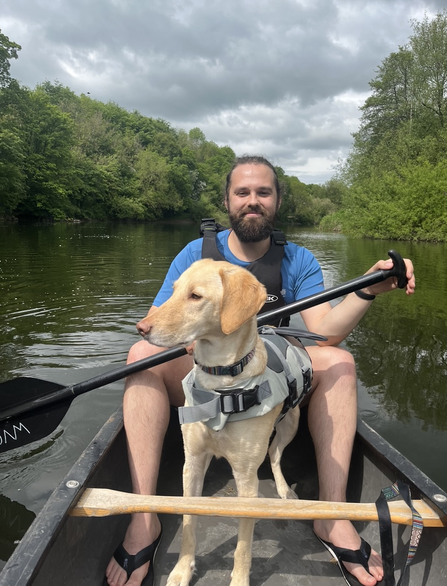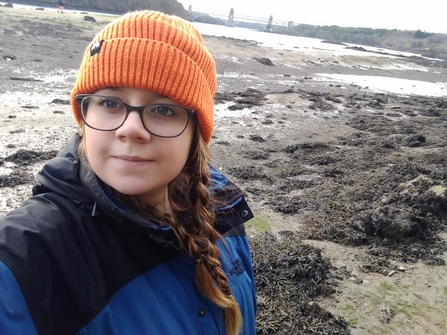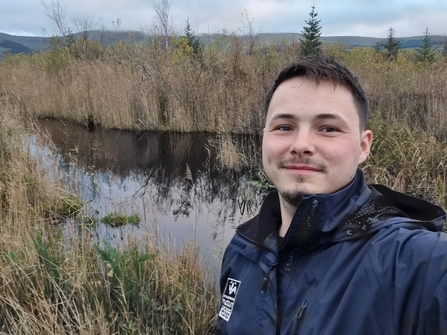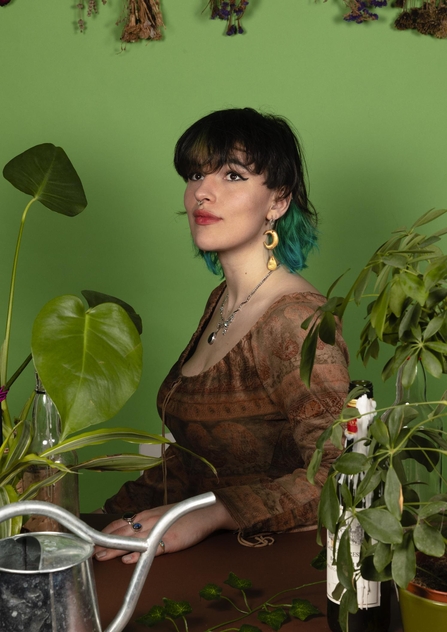You only need to turn on the TV or look at your phone to see news of wildfires blazing, bird flu spreading, or governments weakening environmental protections.
But every day, whatever the news, Wildlife Trust supporters, volunteers and staff take action to help nature recover. We know that we face huge challenges, but we find energy to keep going. How? Because we have hope.
We asked five Wildlife Trust staff to share what makes them feel hopeful in the face of the nature and climate emergencies.





